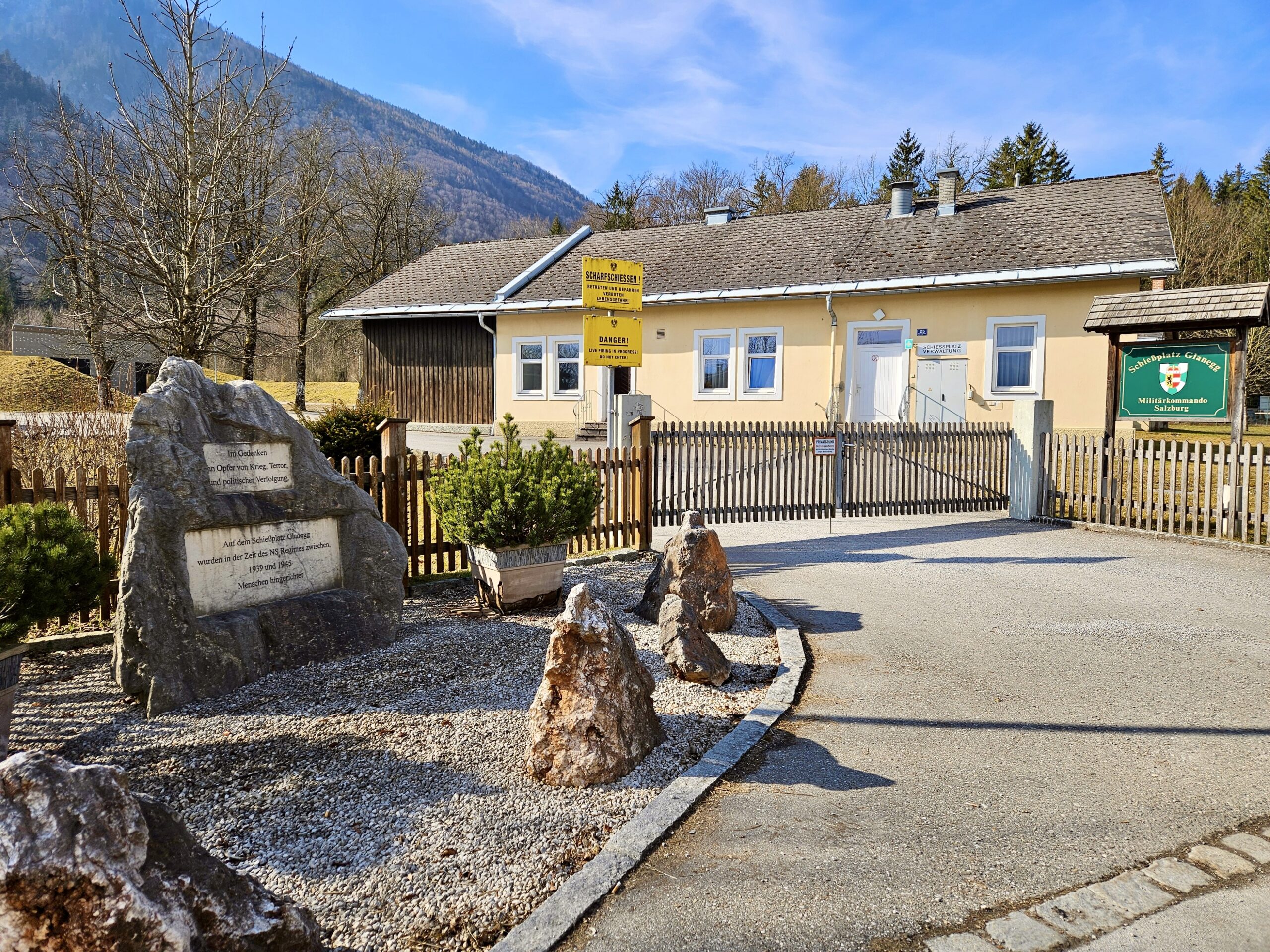Felix NIESEWENDT was born in Danzig (Polish Gdańsk), in what was then West Prussia in the German Empire, on June 18, 1913. He was one of the several children of Justine Niesewendt, née Casimir, and a carpenter named Johannes Niesewendt.
When Danzig was under Nazi rule another member of this family still lived there. Elisabeth Gelinski, née Niesewendt, was notified from Salzburg about the death of her brother Felix NIESEWENDT in the war year 1940.
A previously unnoticed document from the German Wehrmacht provides information about his violent end in Salzburg.
Felix NIESEWENDT was a soldier in the Mountain Troops Intelligence Department Replacement Office 18 based in the Riedenburg-Barracks in Salzburg when he was charged with desertion. He had refused military service for some unknown reason.
The Salzburg Court-Martial’s death sentence for the 27-year-old Felix NIESEWENDT was carried out at the military firing range in Glanegg bei Salzburg at 6:45 on the morning of September 24, 1940 – »by shooting for desertion«.
It is also documented that his body was buried anonymously in the Salzburg municipal cemetery.
In order to protect its Hanging Judges the Court-Martial managed to destroy most of its files at the end of the war. As a result, Felix NIESEWENDT is just one of many victims of Nazi wartime justice who is not included in either the book Widerstand und Verfolgung in Salzburg 1934-1945 [Resistance and Persecution in Salzburg, 1934-1945] published in 1991, nor in the Victims Databank of the Documentary Archive of the Austrian Resistance.
Sources
- Archive of the Salzburg Archdiocese: military registrations
- Court-Martial of Division 188: report to the Wehrmacht Information Office
Stumbling Stone
Laid 27.09.2022 at Salzburg, Kajetanerplatz 2






